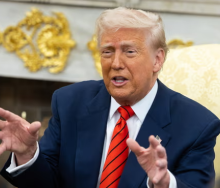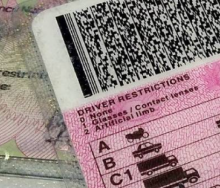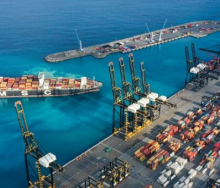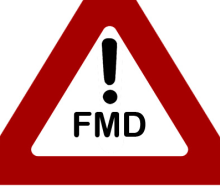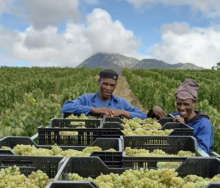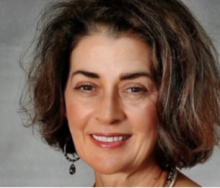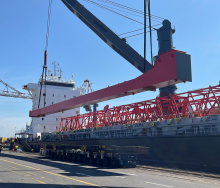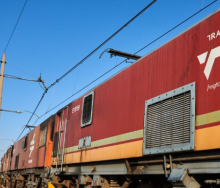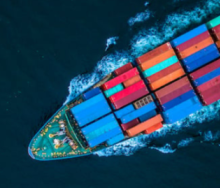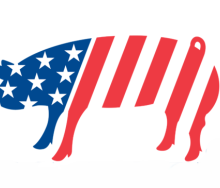The Organisation Undoing Tax Abuse (Outa) has criticised President Cyril Ramaphosa for not outlining a plan to take firm action against alleged suspects highlighted in the Zondo Commission’s State Capture Report.
Outa CEO Wayne Duvenage said that the organisation was “disappointed” that since receiving the report, Ramaphosa had “largely appeared to repeat and summarise” the recommendations that applied to the presidency, executive and parliamentary arms of government.
“While he paid a lot of lip service to the fight against state capture, the President’s repor lacks substantial plans and concrete decisions on what or how he intends to implement the recommendations,” Duvenage said.
Outa portfolio manager on state capture, Rudie Heyneke, said that while it was good the President had acknowledged that state capture was extremely damaging, he had missed an opportunity to take the nation into his confidence regarding the progress and future action that would be taken.
“President Ramaphosa has a dual responsibility to act on the recommendations, both as president of the country and of the ruling party. His feedback to the nation underlined the fact that South Africans will most likely not see any real action on the matter before the ANC’s national conference in December,” Heyneke said.
Duvenage added that the organisation believed that the outcome of the ANC’s electoral conference could have an impact on implementation of the recommendations, depending on who is voted in.
“This may be the reason why the President missed a good opportunity to introduce meaningful action now,” Duvenage said.
Heyneke added that in many instances, Ramaphosa had appeared to not fully accept the recommendations.
“While he promised more oversight with the appointment of board members for SOE boards, the Commission actually recommended legislative changes to ensure the establishment of a Standing Appointment and Oversight Committee tasked to ensure, via public processes, that those nominated for SOE boards, as CEOs, CFOs or chief procurement officers, meet ‘professional, reputational and eligibility requirements’,” Heyneke said.
However, Outa welcomed his announcement that the NPA’s Investigating Directorate (ID) had been made a permanent part of law enforcement.
Many current MPs, ministers and deputy ministers have been implicated as beneficiaries of state capture in the Zondo report. These include:
• Zizi Kodwa, deputy minister of state security, indebted to EOH
• Siyabonga Cwele, former minister of state security and now ambassador to China, implicated in playing a big role in the capture of the State Security Agency (SSA)
• Gwede Mantashe, the minister of mineral resources and energy, who received home security systems from Bosasa
• David Mahlobo, former minister of state security and currently the deputy minister of water and sanitation, also implicated in the capture of the SSA
• Deputy President David Mabuza, implicated in land grabs and other corruption in Mpumalanga, who has now been delegated by the President to interact with Parliament’s presiding officers on implementing the recommendations
• Speaker of the National Assembly, Nosiviwe Mapisa-Nqakula, who abused her powers as former minister of defence by, amongst other things, transporting members of the ANC on a state flight to Zimbabwe in 2020.
“The President’s promise to act on the recommendation of the Commission and the high-level panel on the SSA is a very positive step in the right direction,” Heyneke added.
“However, we are looking forward to definitive action against all the implicated ministers and MPs.”
Ramaphosa had mentioned the Zondo Commission’s proposed establishment of an Independent Public Procurement Anti-Corruption Agency and a permanent Anti-Corruption Commission, but he had made no firm promises, Outa noted, except to say that a “comprehensive proposal on an effective and integrated anti-corruption institutional framework will be produced for public consultation, finalisation and implementation”.

